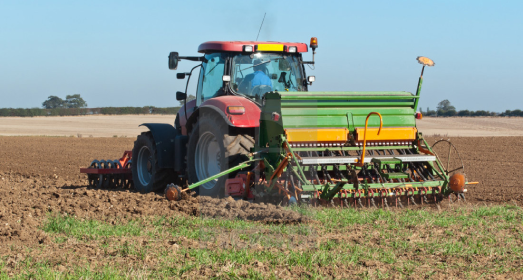California needs infrastructure expansion to meet food waste targets
California is six months away from the first year when a targeted 50% reduction in the disposal of food waste needs to be achieved. In preparation, CalRecycle and Integrated Waste Management Consulting conducted a survey waste facilities in California to understand current operations as readiness for the law. As reported on Wastedive, California will need dramatic infrasture expansion to meet organics goals.
The survey identified more than 160 compost facilities and more than a dozen anaerobic digestion facilities which were taking in around 6 million tonnes of organic mateirals a year. However, there as a staggering 4 million tonnes of unused capacity at those same sites. While the available capacity isn’t sufficient to meet the targets of the law, nearly a quarter of respondents to the survey did say they had at least 500 tonnes of capacity per day, showing that there are plenty of sites ready to take food waste currently not being recycled. Details of the report are available on the CalRecyle website.
The law, SB 1383, was created in 2016 to establish methane emissions reductions throughout California. To help achieve the reductions, a target of a 50% reduction in the disposal of organic waste by 2020 from the baseline set figure set in 2014, and a 75% reduction by 2025. Under the law, CalRecyle were granted the regulatory authority required to achieve the targets. Full details of the law can be found here.





